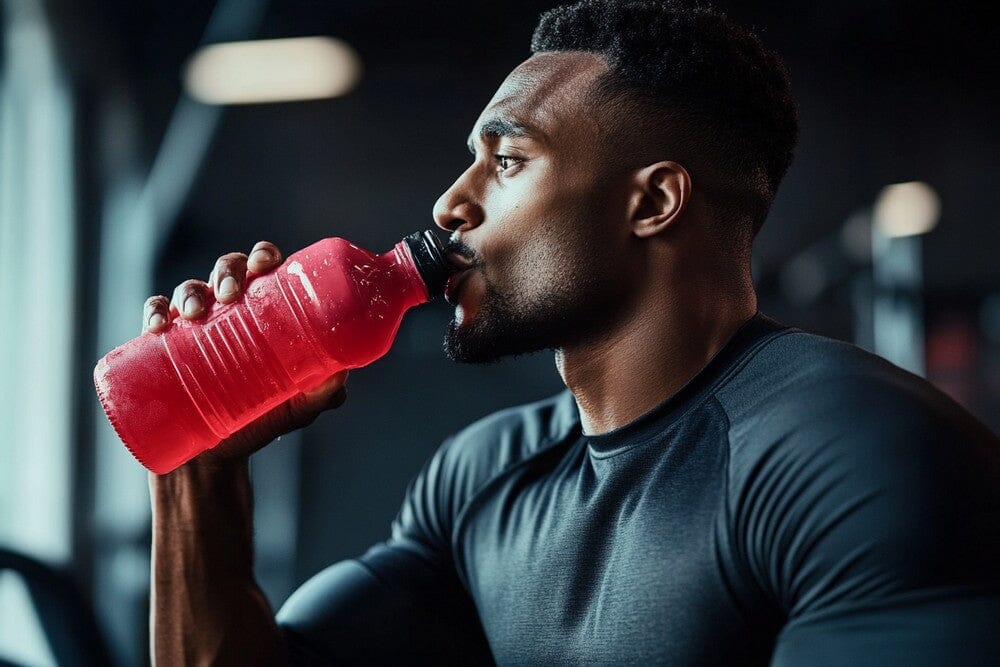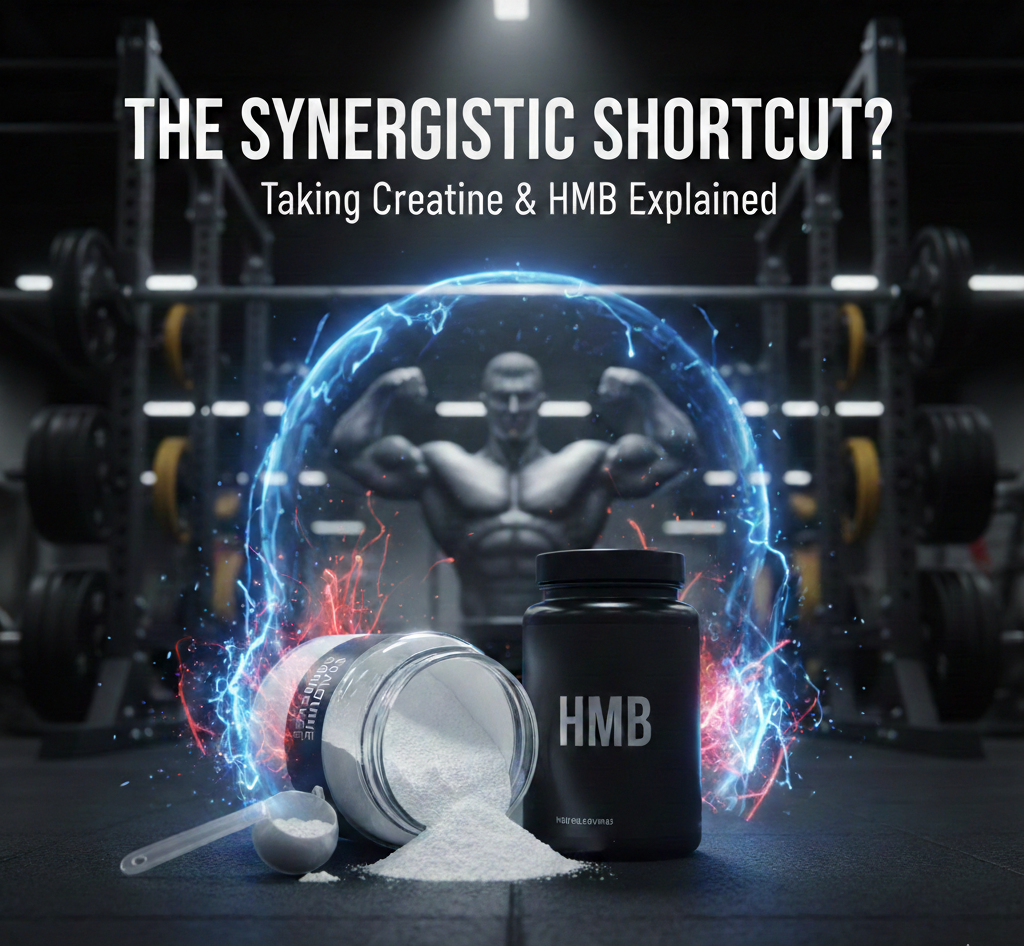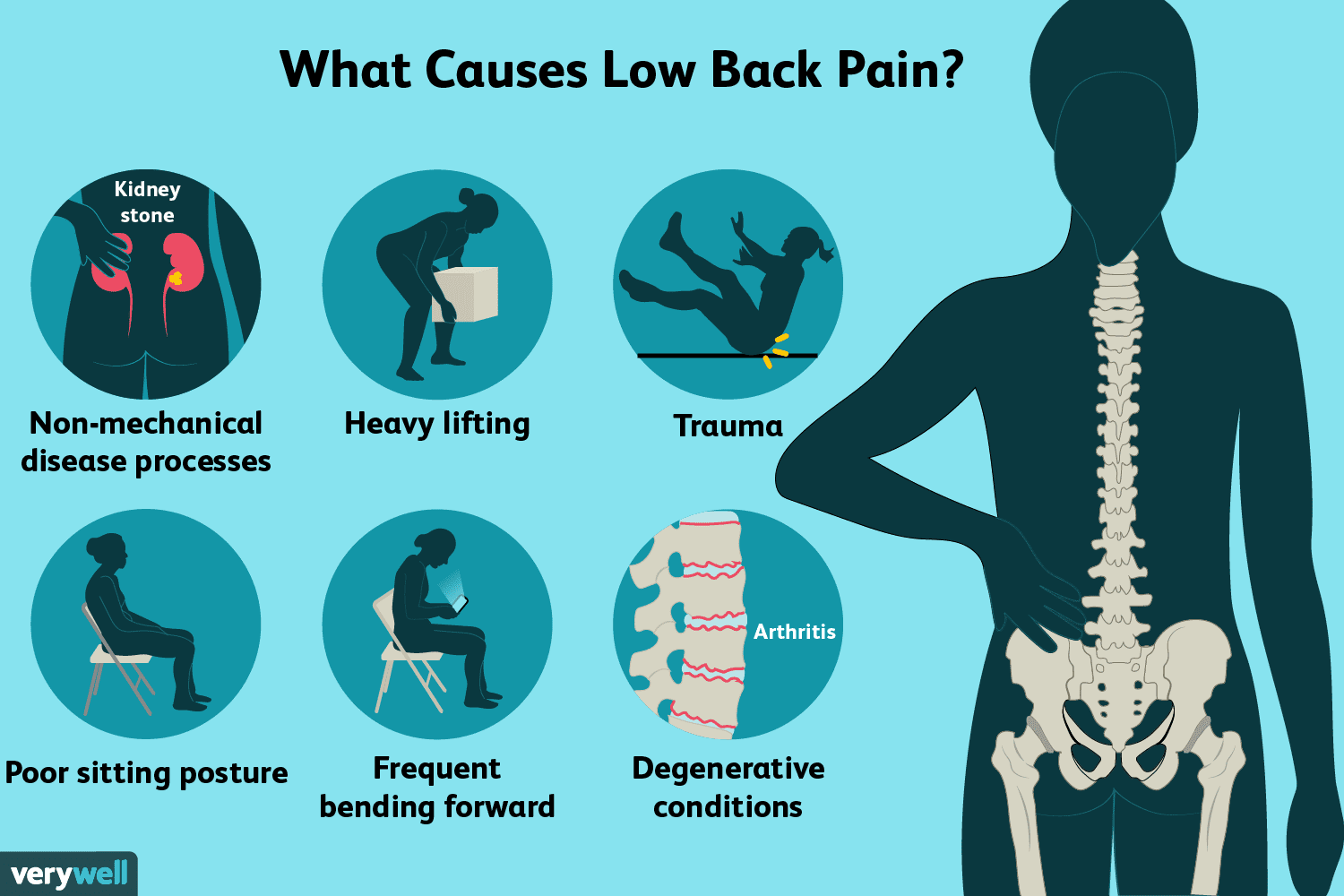Pre-workout supplements have become a gym bag staple for many fitness enthusiasts. They’re the secret weapon that can turn an ordinary workout into an extraordinary one. But what’s really in these colorful powders? How do they work their magic? And more importantly, are they right for you?
In this comprehensive guide, we’ll dive deep into the world of pre-workout supplements. We’ll explore their benefits, potential drawbacks, and how to choose the right one for your fitness goals.
This article is brought to you by Health Nutrition – your complete health and wellness community. Health Nutrition offers everything you need to achieve your goals and live a fitter, healthier, happier life, all in one place. From personalized diet and exercise plans to one-on-one guidance from health coaches, Health Nutrition supports you every step of the way.
What Are Pre-Workout Supplements?
Ever wondered how some gym-goers seem to have boundless energy? The secret might be in their shaker bottle. Pre-workout supplements are specially formulated products designed to boost your exercise performance.
These potent mixes typically come in powder form, ready to be dissolved in water and consumed before hitting the weights or treadmill.
Pre-workout supplements are a staple in many fitness enthusiasts’ routines. They’re engineered to provide an extra kick when you need it most – right before your workout.
But what exactly are you drinking? It’s not just glorified fruit punch. These supplements are a carefully crafted blend of ingredients aimed at enhancing your body’s ability to perform during exercise.
From increasing energy levels to improving focus, pre-workouts aim to address various aspects of physical and mental performance. They’re like a toolbox for your workout, with each ingredient serving a specific purpose.
While they’re not magic potions, many users swear by the boost they provide. It’s like having a personal cheerleader in powder form, urging you to push through those last few reps.
However, it’s crucial to remember that pre-workouts are supplements, not replacements for a balanced diet and proper training. They’re meant to complement your existing sports nutrition plan, not serve as a crutch.
The Science Behind Pre-Workouts

Let’s dive into the nitty-gritty of how these supplements work. It’s not just about feeling energized; there’s some serious science at play.
Pre-workout supplements interact with your body on a physiological level. They’re designed to trigger specific responses that can enhance your workout performance.
One of the primary mechanisms is increasing blood flow to your muscles. This improved circulation can lead to better nutrient delivery and waste removal during exercise.
Many pre-workouts also target your central nervous system. By stimulating this crucial system, they can improve reaction times and mental alertness.
Some ingredients in these supplements work on a cellular level, helping to delay fatigue and increase energy production. It’s like giving your body’s engine a tune-up before a long drive.
But it’s not just about the immediate effects. Some components in pre-workouts can have cumulative benefits over time, potentially improving your overall athletic performance.
Remember, though, that everyone’s body reacts differently. What works wonders for your gym buddy might not have the same impact on you. It’s all about finding the right balance for your unique physiology.
Key Ingredients in Pre-Workout Powders
Caffeine and Energy Boosters
At the heart of most pre-workout powders lies everyone’s favorite pick-me-up: caffeine. This familiar stimulant is a powerhouse when it comes to boosting energy and focus.
Caffeine works by blocking adenosine receptors in your brain, effectively staving off fatigue. It’s like putting a “do not disturb” sign on your body’s sleep signals.
But it’s not just about staying awake. Caffeine can also increase adrenaline production, giving you that extra push to power through intense workouts.
Many pre-workout formulas also include other energy-boosting compounds. These might include guarana, yerba mate, or green tea extract.
These natural energizers often work synergistically with caffeine, providing a smoother, more sustained energy boost. It’s like having a backup generator for your body’s power supply.
Some pre-workouts also incorporate B-vitamins, which play a crucial role in energy metabolism. Think of them as the support crew, making sure your body efficiently uses the fuel you give it.
However, it’s important to note that more isn’t always better when it comes to stimulants. Too much can lead to jitters, anxiety, or even a mid-workout crash.
Amino Acids and Muscle Support
While caffeine might be the star, amino acids are the unsung heroes of pre-workout supplements. These building blocks of protein play multiple roles in supporting your workout.
Branched-chain amino acids (BCAAs) are particularly popular in pre-workout formulas. They can help reduce muscle fatigue and soreness, allowing you to push harder for longer.
Another key player is beta-alanine. This amino acid helps produce carnosine, which acts as a buffer against muscle fatigue.
Many pre-workout powders also include L-citrulline or L-arginine. These amino acids are precursors to nitric oxide, which helps dilate blood vessels for improved blood flow.
Some formulas incorporate taurine, an amino acid that can aid in hydration and electrolyte balance. It’s like giving your muscles their own personal water boy.
Creatine, while technically not an amino acid, is another common ingredient. It helps regenerate ATP, your body’s energy currency, supporting explosive movements and strength.
Together, these amino acids and muscle-supporting compounds create a powerful cocktail. They work in concert to help you squeeze every ounce of performance out of your workout.
Remember, though, that the effectiveness of these ingredients can vary from person to person. It’s always a good idea to start with smaller doses and see how your body responds.
Benefits of Pre-Workout Supplements
Enhanced Energy and Focus
Picture this: It’s been a long day, and the last thing you want to do is hit the gym. Enter pre-workouts, your ticket to turning that mental “meh” into a resounding “let’s do this!”
The energy boost from pre-workouts isn’t just about feeling wired. It’s about having the stamina to push through your entire workout without hitting a wall.
But it’s not all physical. Many users report improved mental alertness and focus after taking pre-workouts.
This heightened focus can help you dial in on your form and technique. It’s like having a mental spotlight on your muscles during each rep.
The energy from pre-workouts can also help you maintain intensity throughout your session. No more petering out halfway through your routine.
Some users find that this energy boost extends beyond their workout. It can provide a pick-me-up for the rest of their day, enhancing overall productivity.
However, it’s crucial to time your pre-workout intake correctly. Too close to bedtime, and you might find yourself counting sheep instead of Zs.
Improved Muscular Endurance
One of the most touted benefits of pre-workouts is their ability to enhance muscular endurance. It’s like giving your muscles a pep talk before the big game.
Ingredients like beta-alanine and creatine work together to delay muscle fatigue. This means you can potentially squeeze out a few more reps or run that extra mile.
Many users report being able to lift heavier weights for more reps when using pre-workouts. It’s not about sudden superhuman strength, but rather extending your limits bit by bit.
The improved blood flow from certain pre-workout ingredients can also aid in muscular endurance. Better circulation means more oxygen and nutrients delivered to your working muscles.
This enhanced endurance isn’t just about one workout. Over time, it can lead to better overall training adaptations and improved athletic performance.
Some pre-workouts also include electrolytes, which can help maintain proper hydration during intense sessions. Proper hydration is key to sustaining muscular endurance.
Remember, though, that pre-workouts aren’t a substitute for proper training and recovery. They’re a tool to help you make the most of your workouts, not a shortcut to instant results.
Choosing the Right Pre-Workout for Your Goals
Matching Supplements to Fitness Goals
Choosing a pre-workout isn’t a one-size-fits-all affair. Your fitness goals should be the guiding star in your selection process.
Are you looking to build muscle? Look for pre-workouts with ingredients like creatine and BCAAs.
If endurance is your game, consider formulas with beta-alanine and citrulline. These can help you go the extra mile, literally.
For those focused on fat loss, pre-workouts with thermogenic ingredients might be beneficial. These can help boost your metabolism and energy expenditure.
If you’re after improved strength, look for products with caffeine and creatine. This dynamic duo can help you push your limits in the weight room.
Some people prioritize mental focus in their workouts. For them, pre-workouts with nootropic ingredients like L-theanine or tyrosine might be the ticket.
Remember, your goals might change over time, and so should your pre-workout. Don’t be afraid to experiment with different formulas as your fitness journey evolves.
Always read the label carefully. The devil is in the details, and understanding each ingredient’s purpose can help you make an informed choice.
Considering Individual Tolerance
Just as important as matching your pre-workout to your goals is considering your personal tolerance. What works for your gym buddy might not work for you.
Start with a lower dose than recommended to assess your tolerance. You can always increase gradually if needed.
Pay attention to how your body reacts. Jitters, nausea, or trouble sleeping are signs you might need to adjust your dosage or switch formulas.
Consider your caffeine sensitivity. If you’re prone to the jitters, look for low-stim or non-stim pre-workout options.
Some people find they build up a tolerance to pre-workouts over time. If you notice diminishing effects, it might be time for a break or a change.
Be mindful of any medications you’re taking. Some pre-workout ingredients can interact with certain drugs, so consult with a healthcare provider if you’re unsure.
Remember, it’s okay to skip the pre-workout sometimes. Listening to your body is crucial in achieving your fitness goals.
Ultimately, the best pre-workout is one that helps you achieve without compromising your overall health and well-being.
Proper Usage and Timing
When to Take Pre-Workout
Timing is everything when it comes to pre-workout supplements. Get it right, and you’ll hit the gym feeling like a superhero.
Generally, it’s best to take your pre-workout about 30 minutes before you start exercising. This gives the ingredients time to kick in.
However, everyone’s metabolism is different. You might find you need 45 minutes or even an hour for optimal effects.
Pay attention to how you feel during your workouts. If you’re peaking too early or too late, adjust your timing accordingly.
Consider the type of workout you’re doing. High-intensity sessions might benefit from taking pre-workout a bit closer to start time.
Be mindful of your sleep schedule. Taking pre-workout too late in the day can interfere with your shut-eye.
Some people prefer to split their dose, taking half before the workout and half during. This can help maintain energy levels throughout longer sessions.
Dosage Guidelines
When it comes to pre-workout dosage, more isn’t always better. Start with the lowest effective dose to assess your tolerance.
Most pre-workouts recommend one scoop per serving. Stick to this guideline unless you have a good reason to deviate.
Pay attention to the caffeine content. For most people, 200-400mg per day is a safe upper limit.
Be aware of your overall stimulant intake. Factor in other sources of caffeine like coffee or energy drinks.
Some ingredients, like beta-alanine, can cause a harmless tingling sensation. If this bothers you, try splitting your dose.
Remember that your body can build up a tolerance over time. Cycling off pre-workout periodically can help maintain its effectiveness.
Always measure your dosage accurately. Using too much can lead to unwanted side effects and potentially diminish your workout quality.
Potential Side Effects and Precautions
Common Side Effects
While pre-workouts can be a great tool, they’re not without potential downsides. Being aware of common side effects can help you use them safely.
Jitters and anxiety are frequent complaints, usually due to high caffeine content. If you’re sensitive to stimulants, start with a lower dose.
Some people experience digestive discomfort or nausea. Taking your pre-workout with food or adjusting the timing can often help.
Headaches can occur, especially if you’re dehydrated. Make sure you’re drinking plenty of water throughout the day.
Insomnia is a risk if you take pre-workout too close to bedtime. Stick to morning or early afternoon workouts if this is an issue for you.
The beta-alanine tingles, while harmless, can be disconcerting for some. This sensation usually subsides as your body adapts.
In rare cases, some people might experience high blood pressure or rapid heartbeat. If this occurs, stop use and consult a healthcare provider.
Who Should Avoid Pre-Workouts
Pre-workouts aren’t for everyone. Certain groups should exercise caution or avoid them altogether.
Pregnant or breastfeeding women should steer clear of most pre-workout supplements. The effects on fetal development and infants aren’t well-studied.
People with heart conditions or high blood pressure should consult their doctor before using pre-workouts. The stimulant content could pose risks.
If you have a history of anxiety disorders, be cautious with stimulant-heavy pre-workouts. They could exacerbate symptoms.
Those with kidney or liver issues should be wary. Some ingredients in pre-workouts can put additional stress on these organs.
If you’re taking any medications, check with your healthcare provider. Some pre-workout ingredients can interact with certain drugs.
Teenagers and young adults should be cautious. Growing bodies might be more sensitive to the effects of these supplements.
Remember, if you have any doubts or concerns, it’s always best to consult with a healthcare professional before starting any new supplement regimen.
Pre-Workout Alternatives
Natural Energy Boosters
Not everyone wants to rely on supplements for a pre-workout boost. Luckily, nature provides plenty of alternatives.
A banana with a tablespoon of almond butter can provide a quick, natural energy boost. It’s like nature’s own pre-workout snack.
Green tea is an excellent option for those seeking a gentler caffeine kick. It also comes with the added bonus of antioxidants.
Beet juice has gained popularity as a natural pre-workout. Its nitrates can help improve blood flow and endurance.
A small apple with a handful of nuts can provide a balanced mix of carbs and protein. It’s a simple yet effective pre-workout snack.
For those who enjoy a bit of spice, a pinch of cayenne pepper in water can boost metabolism and energy. It’s like a natural thermogenic drink.
Coconut water is an excellent natural source of electrolytes. It can help you stay hydrated during your workout without any artificial additives.
Remember, sometimes the best pre-workout is simply a good night’s sleep and proper hydration. These basics can often outperform any supplement.
Whole Food Pre-Workout Snacks
Whole foods can be just as effective as supplements in fueling your workouts. Plus, they come with the added benefit of broader nutritional value.
A small serving of oatmeal with berries provides complex carbs for sustained energy. It’s like a time-release capsule of fuel for your muscles.
Greek yog
Greek yogurt with a drizzle of honey offers a balance of protein and quick-acting carbs. It’s nature’s version of a protein shake.
A slice of whole-grain toast with avocado delivers healthy fats and complex carbs. It’s like putting premium fuel in your body’s tank.
For those who prefer savory options, a hard-boiled egg with a piece of fruit can provide protein and easy-to-digest carbs. It’s a classic combo that never goes out of style.
A small sweet potato with a sprinkle of cinnamon can offer sustained energy and a touch of natural sweetness. It’s like earth’s own energy bar.
A homemade trail mix with nuts, seeds, and a few dark chocolate chips can provide a mix of proteins, fats, and carbs. It’s a customizable pre-workout snack that you can tailor to your tastes.
Remember, the key is to eat these snacks about 30-60 minutes before your workout to allow for digestion. Your body is your best pre-workout supplement – fuel it right!
Maximizing Results: Combining Pre-Workouts with a Balanced Lifestyle
Nutrition and Pre-Workout Synergy
Pre-workout supplements can give you an edge, but they’re not a magic bullet. The real magic happens when you combine them with solid nutrition.
Think of your overall diet as the foundation and pre-workouts as the final touch. A balanced diet rich in lean proteins, complex carbs, and healthy fats sets the stage for optimal performance.
Hydration plays a crucial role too. Even mild dehydration can negate the benefits of your pre-workout. Aim to drink water consistently throughout the day.
Timing your meals around your workouts can enhance the effects of your pre-workout. A balanced meal 2-3 hours before exercise can provide sustained energy.
Consider your macronutrient balance. Carbs are particularly important for high-intensity workouts, while protein supports muscle recovery and growth.
Don’t forget about micronutrients. Vitamins and minerals play crucial roles in energy production and muscle function. A varied diet or a quality multivitamin can help cover your bases.
Remember, pre-workouts are supplements, not replacements. They work best when complementing a nutrient-rich diet focused on whole, minimally processed foods.
Recovery and Rest
While pre-workouts focus on boosting your performance during exercise, recovery is where the magic of muscle growth and improved fitness really happens.
Adequate sleep is crucial. Aim for 7-9 hours per night to give your body time to repair and grow stronger.
Don’t overlook the importance of rest days. They’re not just for lounging – they’re when your body adapts to the stress of exercise.
Consider incorporating active recovery into your routine. Light activities like walking or yoga can promote blood flow and aid recovery without overtaxing your system.
Proper post-workout nutrition is just as important as your pre-workout strategy. A mix of protein and carbs within 30 minutes of finishing can jumpstart recovery.
Stretching and mobility work can help prevent soreness and improve flexibility. Think of it as maintenance for your body’s machinery.
Listen to your body. If you’re consistently feeling run down, it might be time to scale back on the pre-workouts and focus more on rest and recovery.
Remember, gains are made when you recover, not when you work out. Balancing intense training with proper recovery is key to long-term progress and avoiding burnout.
Frequently Asked Questions About Pre-Workout Supplements
Q: What’s the best pre-workout supplement?
A: The best pre-workout varies from person to person. It depends on your fitness goals, tolerance to stimulants, and personal preferences. Some people swear by high-caffeine formulas, while others prefer stimulant-free options.
Q: Are pre-workouts safe for healthy adults?
A: Generally, pre-workouts are safe for healthy adults when used as directed. However, it’s always wise to consult with a healthcare provider before starting any new supplement regimen, especially if you have any pre-existing conditions.
Q: Can pre-workouts help with weight loss?
A: While pre-workouts aren’t directly designed for weight loss, they can indirectly support it by boosting energy for more intense workouts. Some formulas also include ingredients that may help boost metabolism.
Q: How long do pre-workout effects last?
A: The effects typically last 3-6 hours, depending on the ingredients and your individual metabolism. Caffeine, a common component, has a half-life of about 5 hours in most adults.
Q: Can I take pre-workout every day?
A: While it’s not inherently dangerous for most people, daily use can lead to tolerance. Many fitness experts recommend cycling off pre-workouts periodically to maintain their effectiveness.
Q: Are there any natural alternatives to pre-workout supplements?
A: Yes! Foods like bananas, coffee, green tea, and beet juice can provide natural energy boosts. Some people also find that a small, balanced snack before working out does the trick.
Q: Can pre-workouts interfere with sleep?
A: If taken too close to bedtime, the stimulants in pre-workouts can indeed disrupt sleep. It’s generally advised to avoid pre-workouts within 4-6 hours of your planned bedtime.
Certainly. Here’s a revised conclusion that mentions Health Nutrition’s Blackwolf pre-workout supplement:
The Future of Pre-Workout Supplements: Joining the Pack with Blackwolf
As we look to the future of pre-workout supplements, one thing is clear: the emphasis is on clean, effective formulas that deliver results without unwanted side effects. Health Nutrition’s Blackwolf pre-workout is at the forefront of this trend, embodying the evolution of sports nutrition.
Blackwolf stands out in the crowded pre-workout market with its clinically studied ingredients at effective dosages. It’s designed to provide lasting energy, heightened focus, and maximum endurance – all without the dreaded crash that plagues many other supplements.
Whether you’re a seasoned athlete or just starting your fitness journey, the right pre-workout can help you unleash your inner wolf and lead the pack in your training. Here’s to powering through your workouts and achieving your fitness goals – one rep, one set, one workout at a time!
Source link










